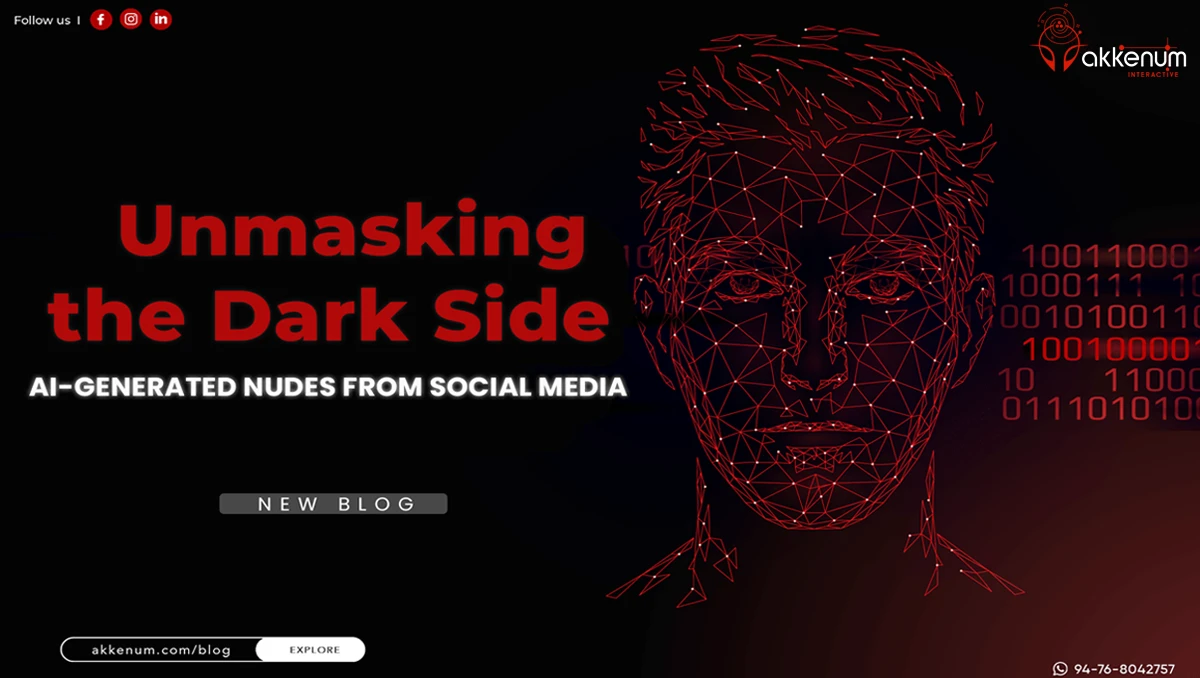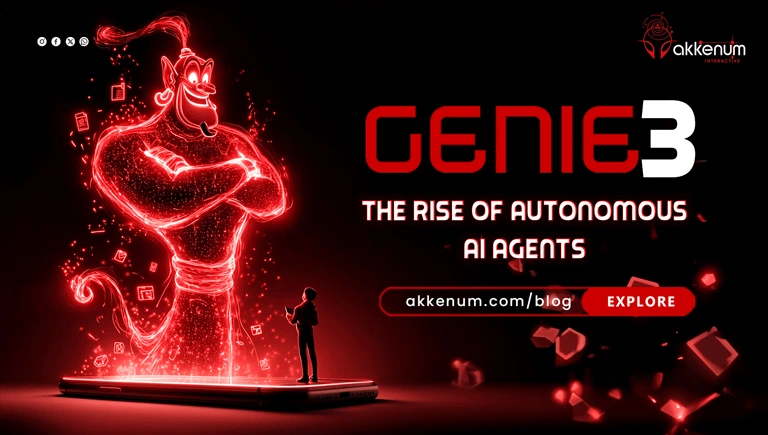
Artificial intelligence (AI) has revolutionized various aspects of our lives, but it also presents a dark side. One concerning development is the use of AI algorithms to create artificial nudes sourced from individuals’ social media profiles. This article explores the ethical quandaries surrounding AI-generated explicit content, the potential implications for privacy and consent, and the urgent need for responsible AI usage in the digital realm.
With advancements in AI technology, particularly in deep learning and computer vision, algorithms are now capable of creating synthetic images that closely resemble real ones. Exploiting the vast amount of data available on social media platforms, malicious actors have started using AI to generate explicit content known as “AI nudes.” By analyzing patterns, features, and characteristics of publicly available images, AI algorithms can produce highly convincing, yet entirely fabricated, explicit content of individuals.
The emergence of AI-generated nudes has serious implications for privacy, consent, and personal security. Individuals unknowingly become victims as their publicly shared photos and information are exploited to create explicit content without their knowledge or consent. The distribution o
The emergence of AI-generated nudes exposes the dark side of technological advancement and the urgent need to address privacy and consent concerns in the digital age. As AI algorithms become increasingly sophisticated, individuals must be proactive in safeguarding their online presence and demanding responsible practices from technology platforms. By combining individual awareness, technological advancements, and legislative actions, we can protect privacy, preserve consent, and mitigate the risks posed by AI-generated explicit content, fostering a safer and more ethical digital environment for all.
f these AI nudes can cause significant harm, including reputation damage, emotional distress, and even blackmail attempts. The lines between real and fabricated content become blurred, making it increasingly difficult to identify and combat this malicious practice.
The creation and distribution of AI-generated nudes raise profound ethical and legal questions. It challenges the notion of consent, as individuals have no control over the creation of explicit content based on their public images. Moreover, the potential for harassment, cyberbullying, and blackmail amplifies the urgency of addressing these issues. Legislation and regulations must adapt to the evolving landscape of AI technology to protect individuals from such violations of privacy and dignity.
The emergence of AI-generated nudes exposes the dark side of technological advancement and the urgent need to address privacy and consent concerns in the digital age. As AI algorithms become increasingly sophisticated, individuals must be proactive in safeguarding their online presence and demanding responsible practices from technology platforms. By combining individual awareness, technological advancements, and legislative actions, we can protect privacy, preserve consent, and mitigate the risks posed by AI-generated explicit content, fostering a safer and more ethical digital environment for all.



